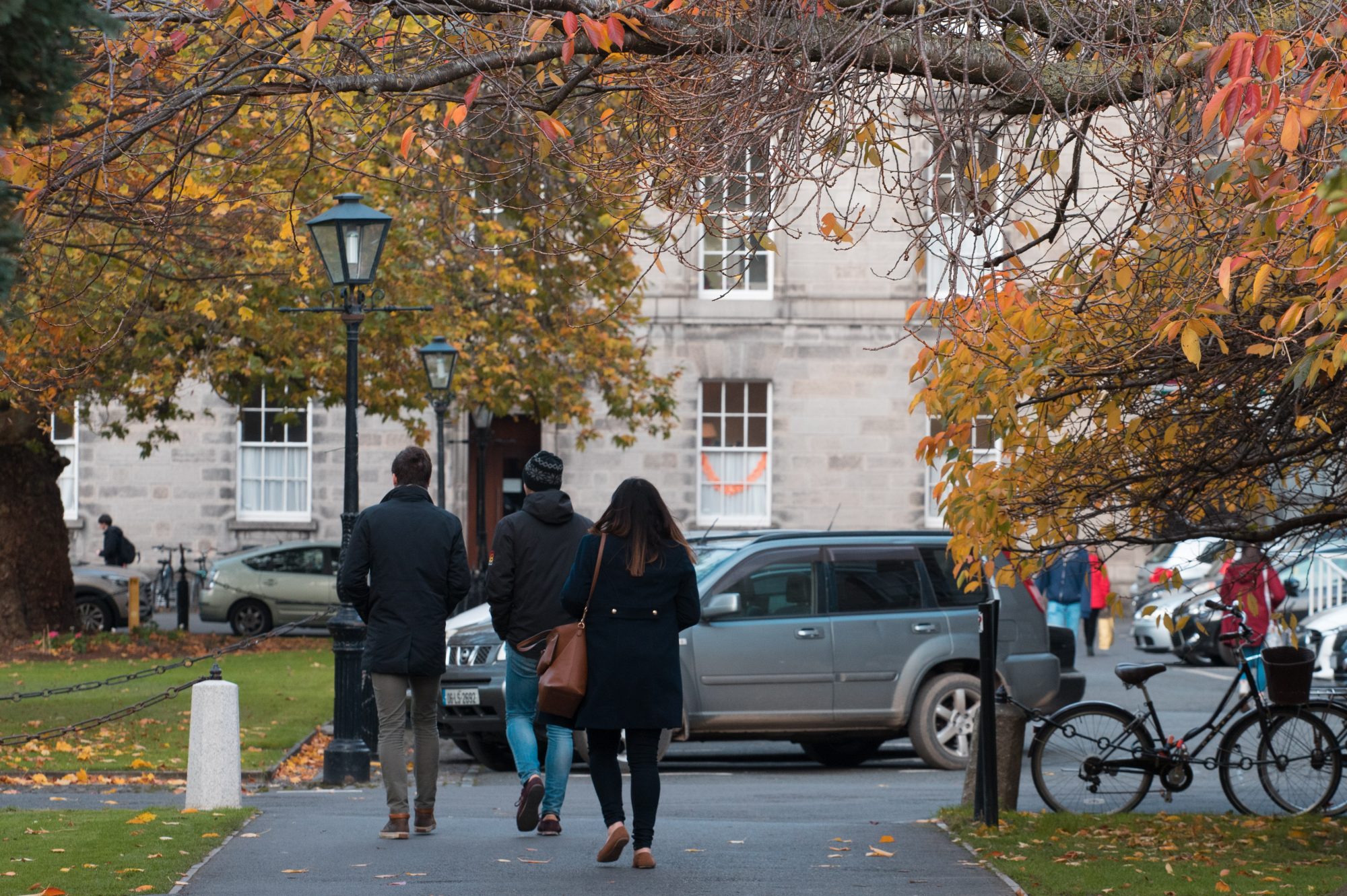The article ‘Schols is an Elitist Institution‘ raises some important questions about Foundation Scholarships, or Schols. It makes valid points about the questionable ethics of rewarding students on the basis of exam results, without taking into account the various factors that help some and impede other students in their preparation for those exams.
The article is at its best when it criticises the idea of Schols as a ‘meritocracy’: in regarding it as such, the article says, we neglect ‘‘the financial implications for those forced to cut back on part-time work, or the inability of many to reconcile work and study demands, in light of personal or familial circumstances.’’
These points are worth considering. Can College really claim that Schols identifies ‘exceptional’ students if it fails to recognise that very often exceptional results require a time commitment beyond the means of disadvantaged students? Surely an examining board that fails to account for this cannot live up to its claim to ‘select students of outstanding ability’?
Performance in arduous exams, which require additional study, is indicative of a number of things: candidates’ ability and work-ethic, yes, but also of their free time. I would argue that by ignoring this, College is not only disappointing its disadvantaged students, but it is also injuring itself: in failing to identify those who are really the most able and dedicated, regardless of current adverse circumstances, College is allowing potentially excellent future academics to end their studies and leave Trinity unacknowledged.
The article also makes the point that, while areas such as Trinity Access Programme and the student counselling service are underfunded, spending on Scholars is high. This is fair: although the article notes that the number of Scholars has fallen significantly over the last few years. It is natural that in a time of underfunding, cutbacks should begin where they can most be borne. But two-thirds of the way through the article, the article takes a sharp turn in argument.
It says that “even if hugely underfunded areas … were allocated sufficient resources, the elitist mentality underlying Schols, which aims to construct an academic inner circle, is by definition incompatible with other initiatives which strive towards a reduction in relative inequality.” Consequently, ‘‘Schols as an institution must be disbanded.’’
This surely renders much of the article’s earlier argument moot. The justified contention that Schols is unfairly weighted towards those who are already privileged may, in light of this U-turn, be interpreted as a preamble, designed to soften the fact that schols is resented as an institution, regardless of how College reforms the examination process.
In fact there are hints earlier in the article that it does not really endorse the reforms that are discussed earlier, including the suggestion that ‘’it would be prudent to award Schols on the basis of annual examination results in Sophister years’’.
Let us forget for a moment that the College community has consistently rejected similar proposals on the basis that Schols is meant to identify students who are willing to undertake extra work: it has been established that disadvantaged students often can’t afford to spare the time such work requires. But what would be changed by awarding Schols based on students’ performance in annual examinations?
It would mean students wouldn’t have to spend time studying for voluntary exams—but don’t privileged students have the exact same advantages in studying for annual exams as they do in studying for Schols: better resources, more time to spend studying, the right environment for work?
There is a similar problem in the discussion of the benefits Scholars receive. The article comments on the €2,000 given to Scholars who do not take College rooms, saying that “anyone in a position to pass up free campus accommodation does not need financial compensation”.
Given that the article seems to be arguing on behalf of the disadvantaged here, this is a strange sentiment to express. Many of the Scholars who do not take rooms in College do so because they are already at a disadvantage. For example, Scholars may have dependents who cannot move into College accommodation with them, or may themselves be dependent on carers from whom they cannot move away.
Others, based in Dublin or the surrounding area, remain living at home and use the money they receive to soften their families’ financial hardship. This lack of awareness prefigures the admission that wants Schols abolished regardless of how the institution could be reformed.
The crux of the article’s attitude is this: ‘‘for there to be “worthy” students, there must also be those deemed “unworthy”.’’ This will not bother most students, Scholars and non-Scholars alike. Judgements of suitability are what decide who makes the College football team, or who becomes SU President, or who becomes the editor of a student publication. Academically, the entire process of a university education is grounded in examination, in grading and in continuous judgements of our abilities and work ethics relative to our peers.
If we feel the process is unduly influenced by extraneous considerations – such as how much free time our circumstances afford us – we have a right to complain and request concessions; if we feel that too much money is being spent on one aspect of College life to the neglect of others, we have a right to complain and to request it be spent elsewhere; but we have no right to object to, and we cannot change, the fact that others are, and will sometimes be recognised as, superior to us in certain ways in certain walks of life.







